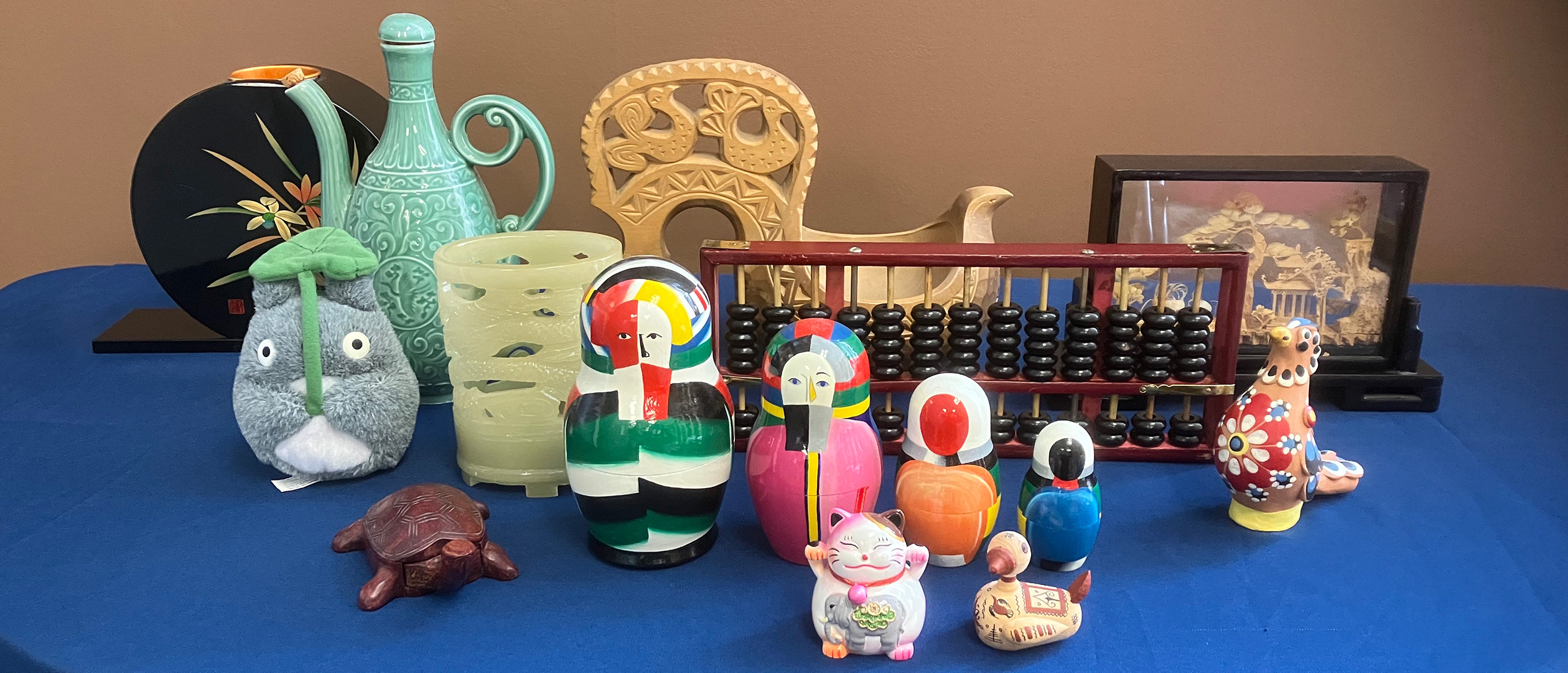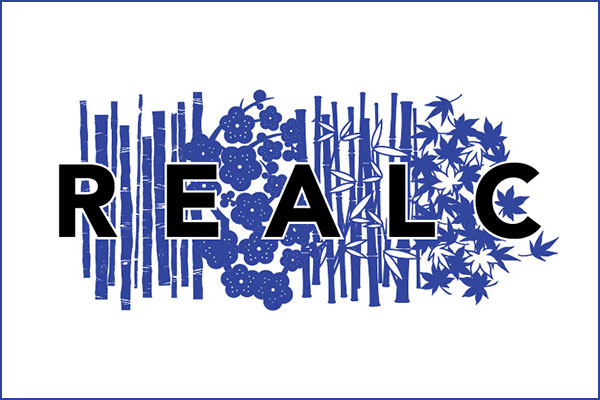Main content
Welcome to the Department of Russian and East Asian Languages and Cultures!
The Department of Russian and East Asian Languages and Cultures (REALC) is a community of scholars engaged in research and learning in a diverse range of humanistic disciplines.
Our language offerings focus on Chinese, Japanese, Korean, and Russian; our courses, majors and minors explore the regions in which those languages are spoken.
Our students build careers in the sciences, social sciences, business, technology, the arts, and academia, connecting their professional ambitions with their affinities for the languages and cultures in which we specialize.





